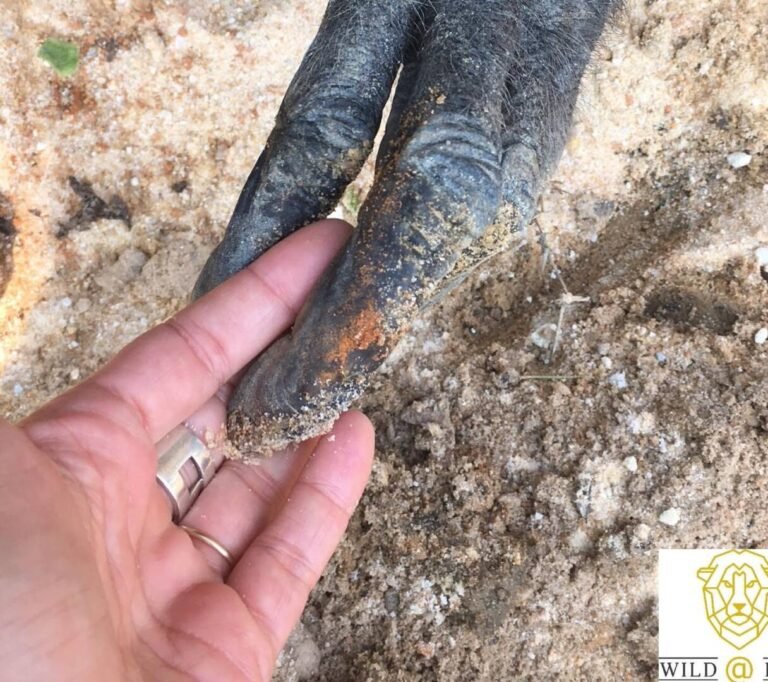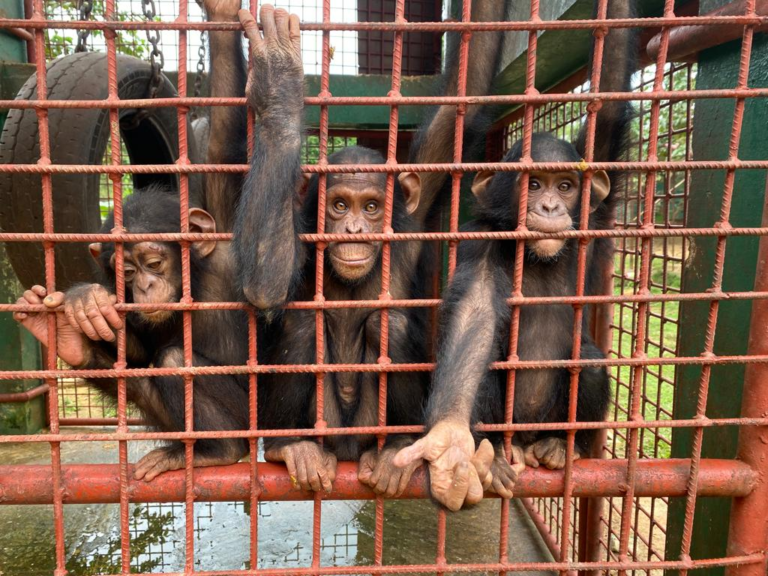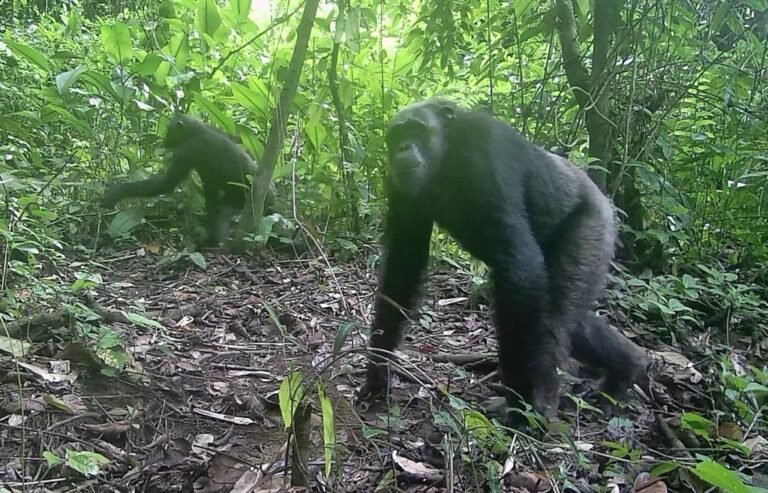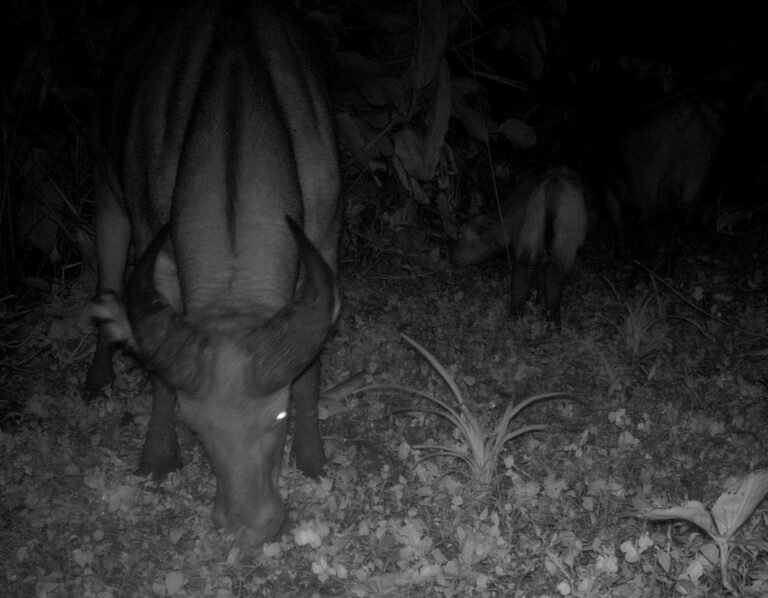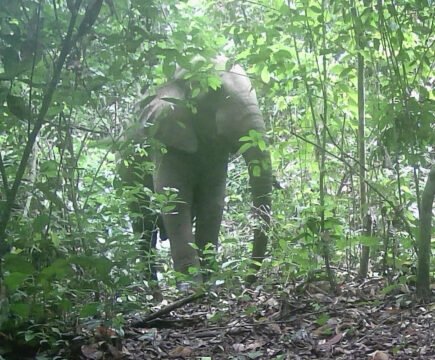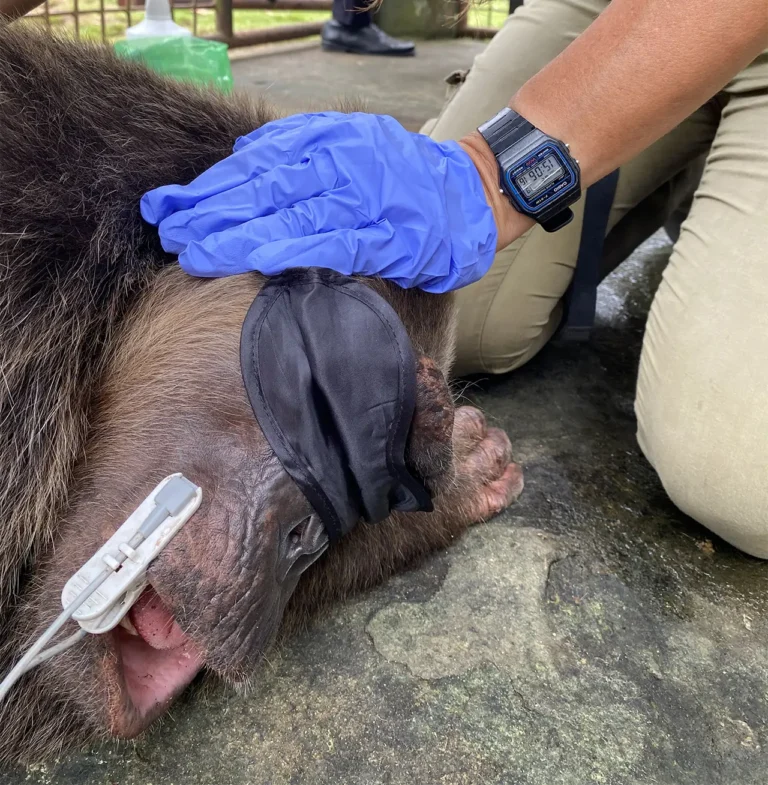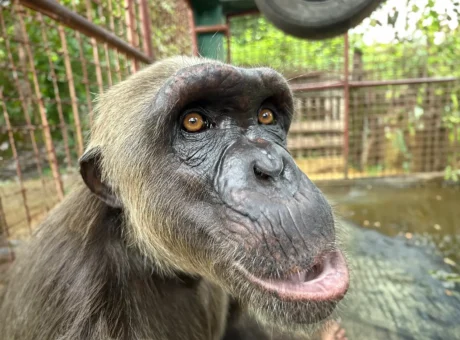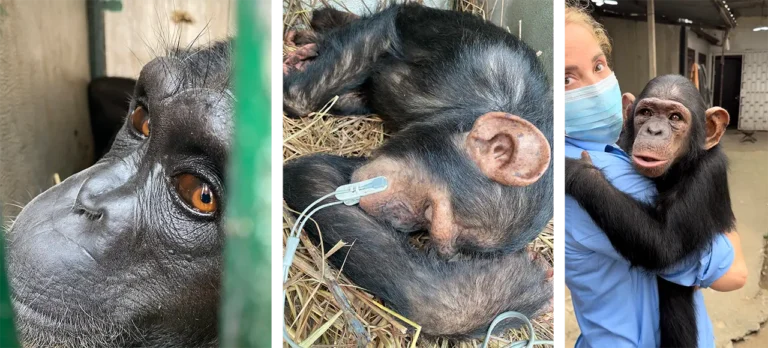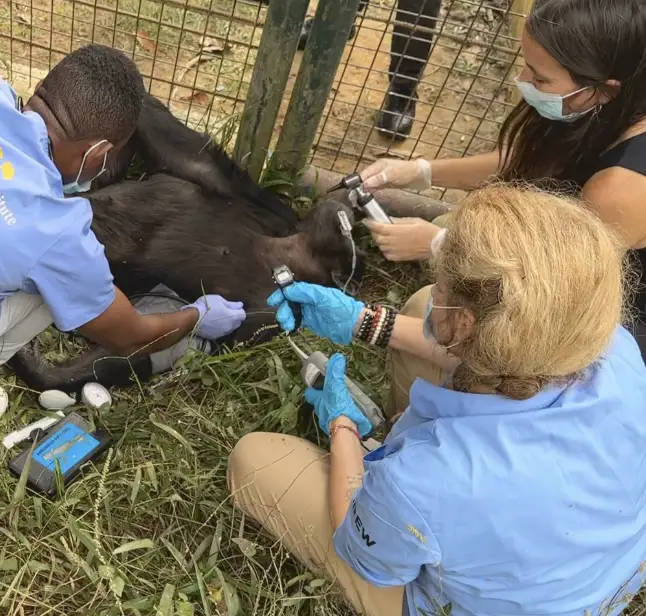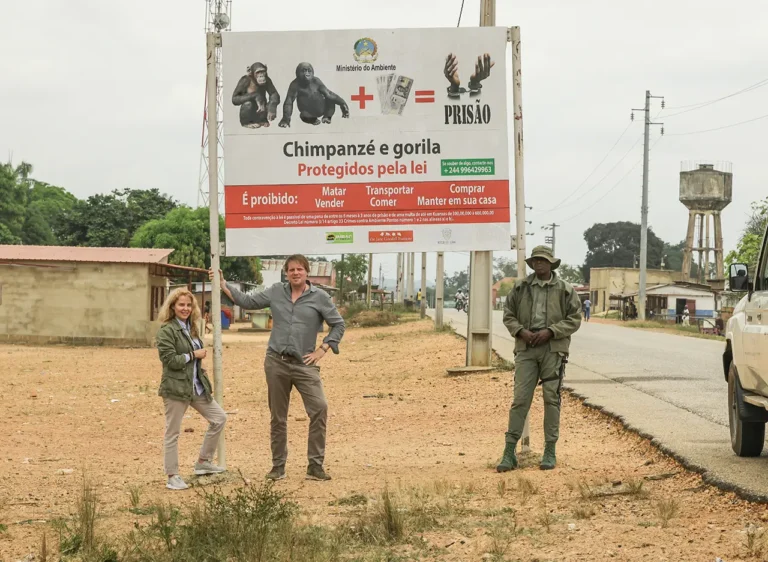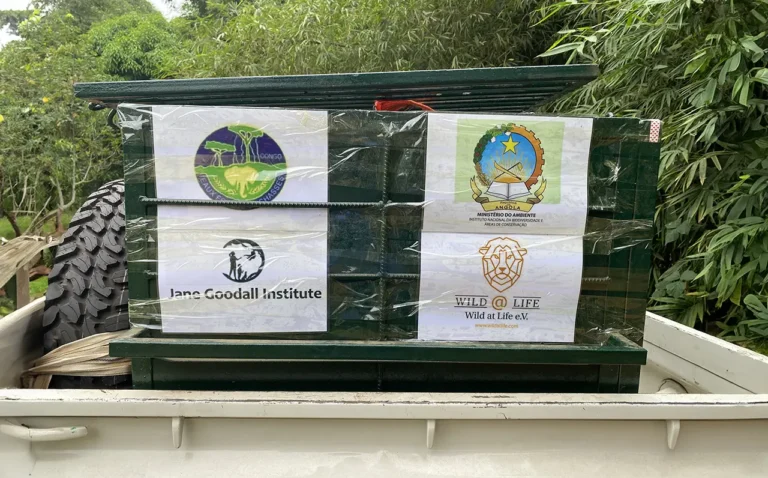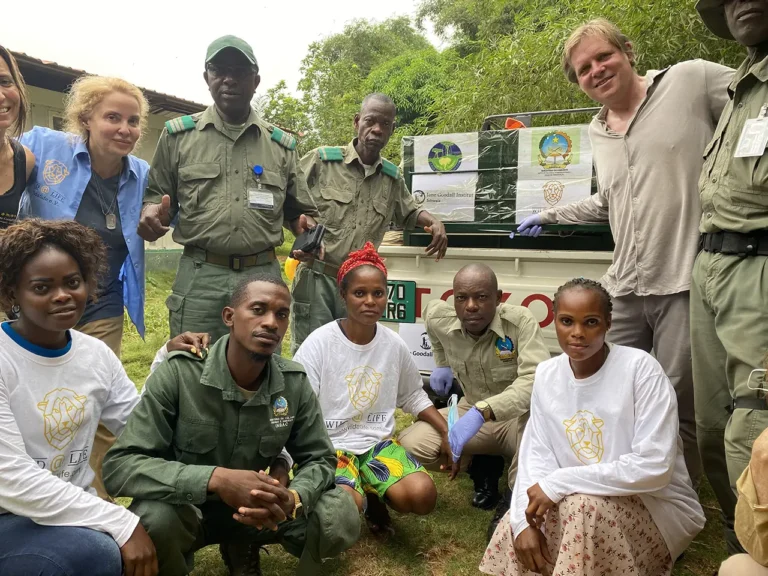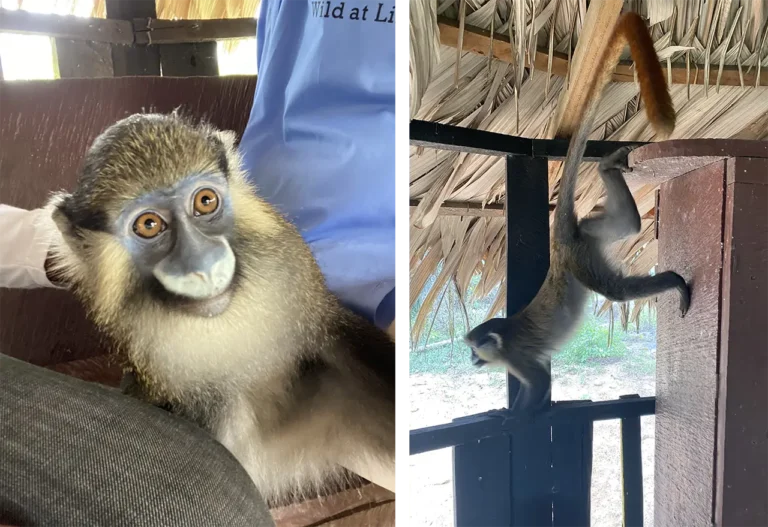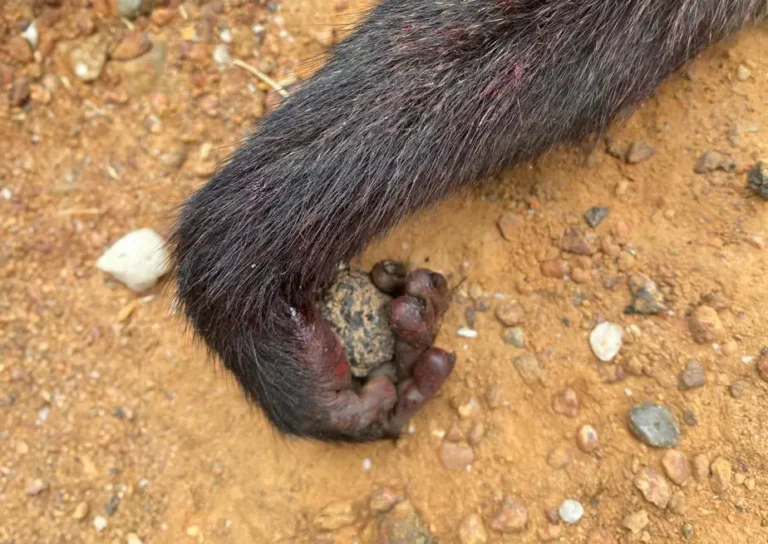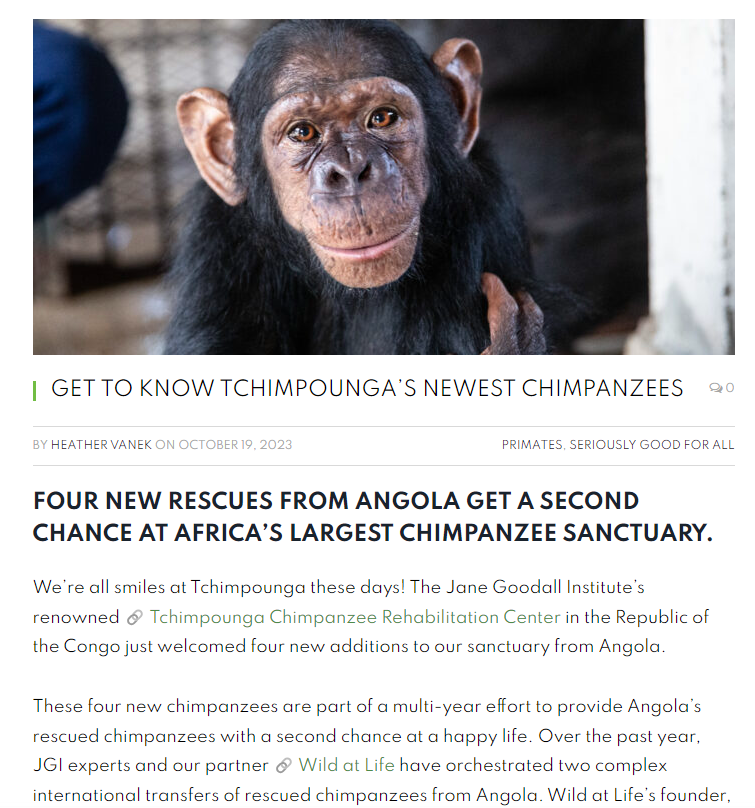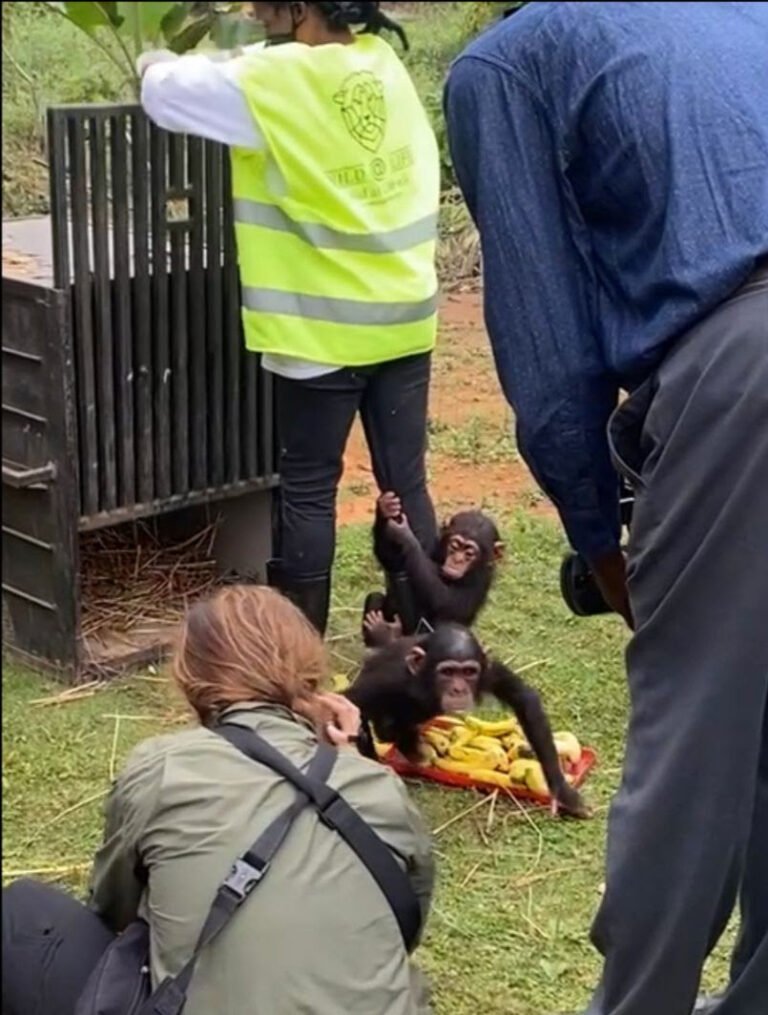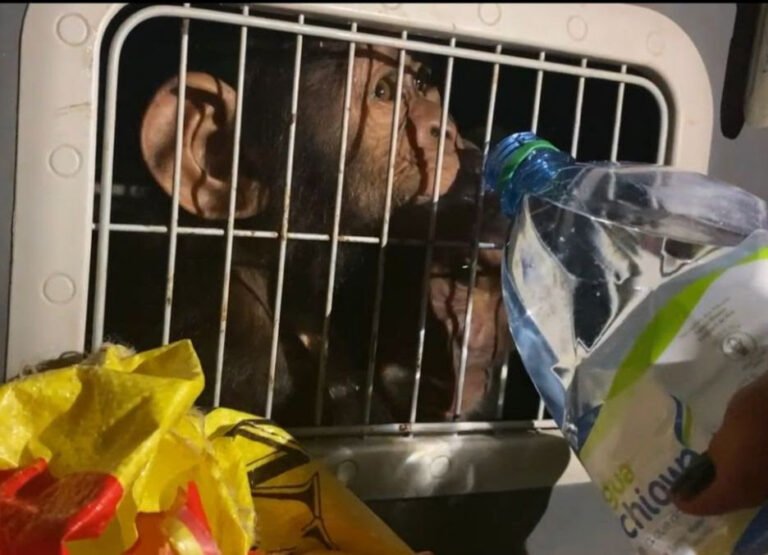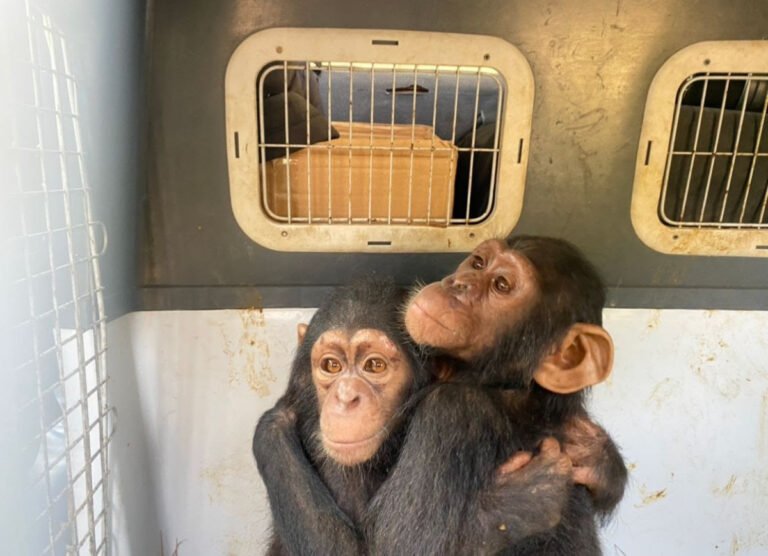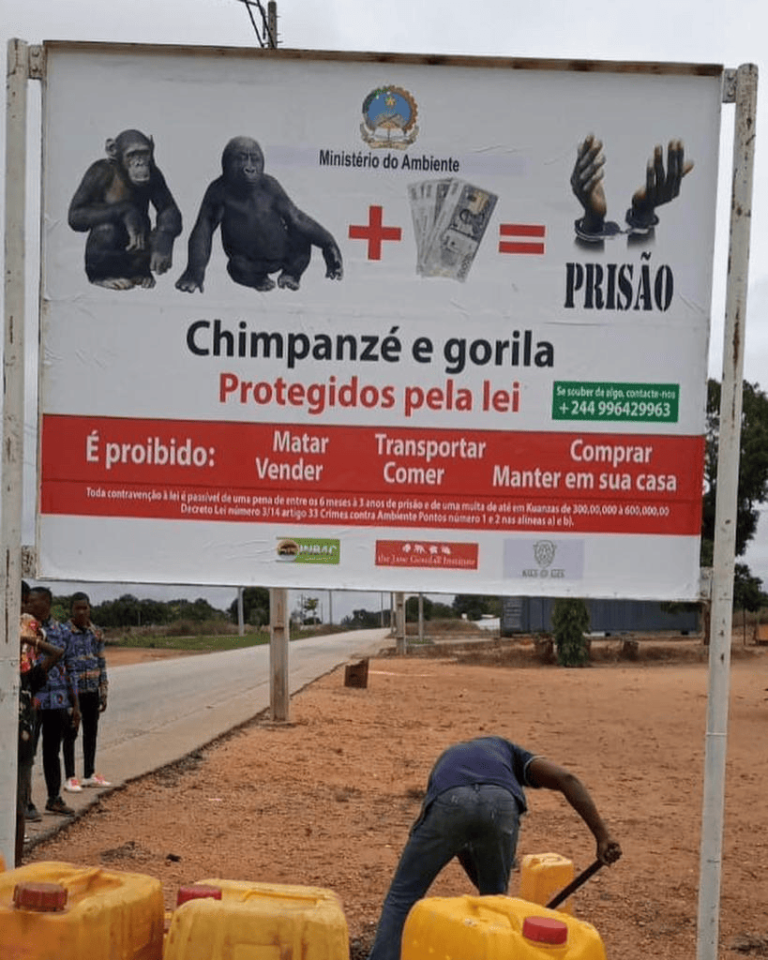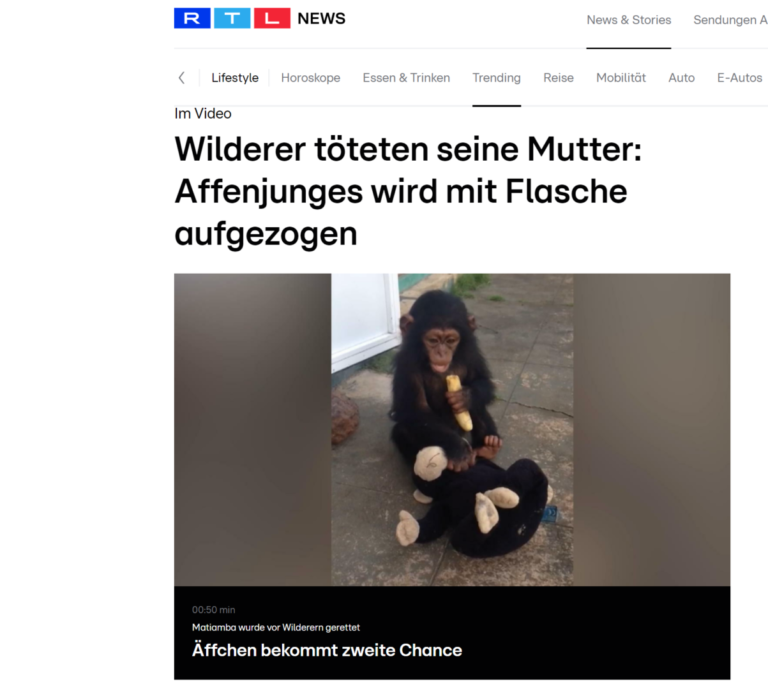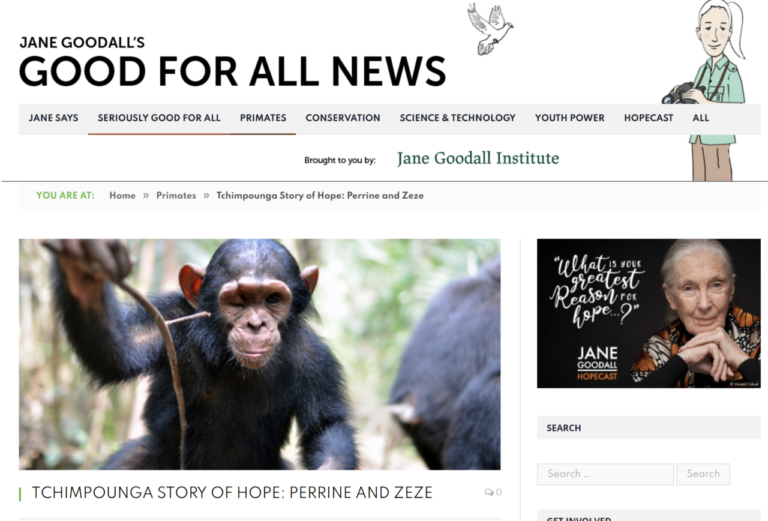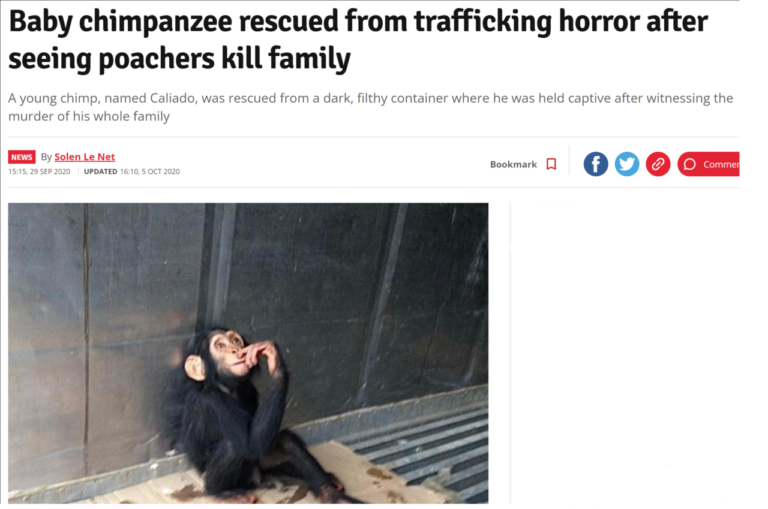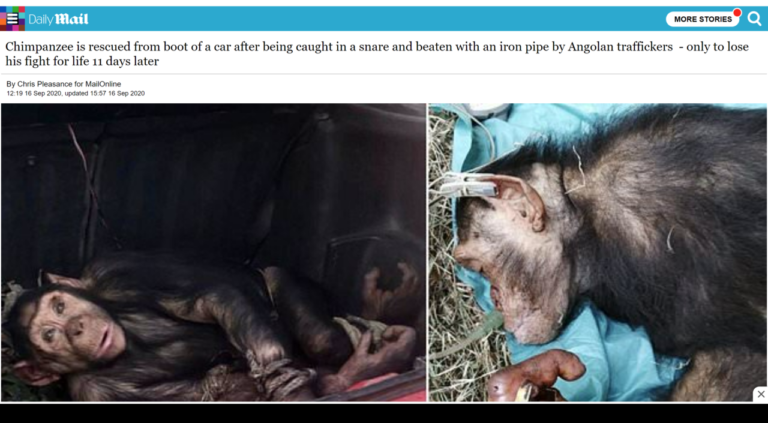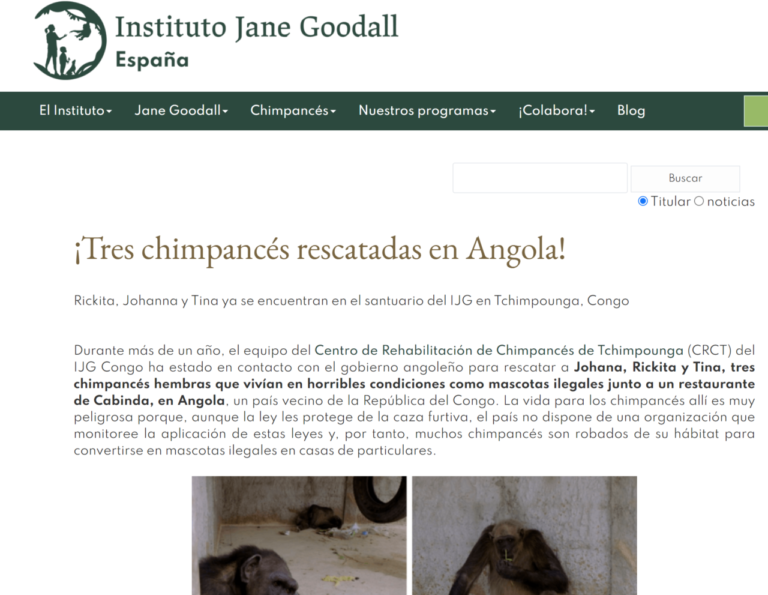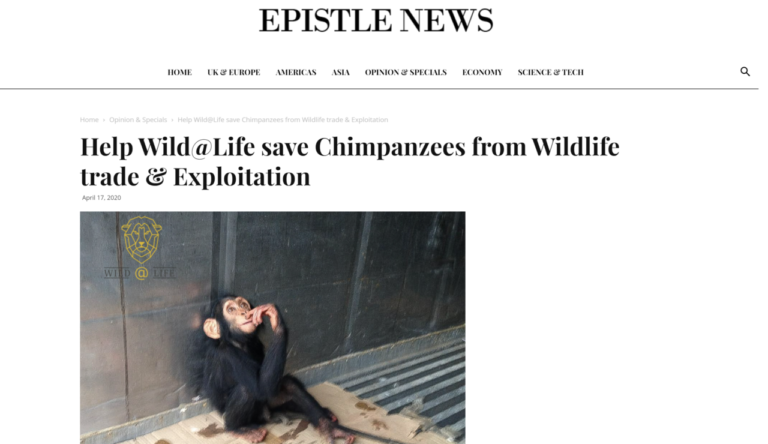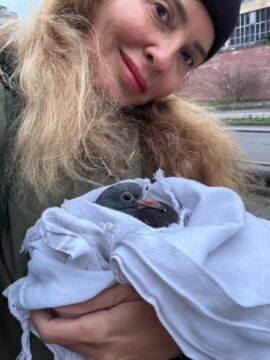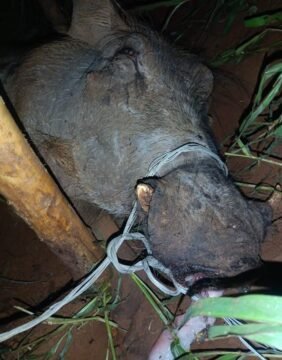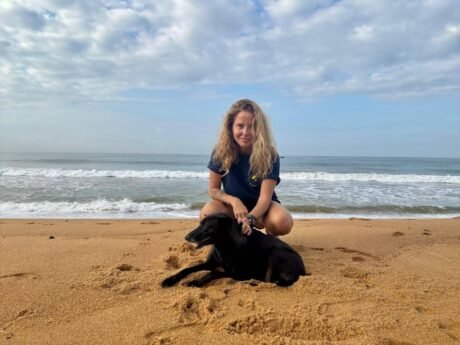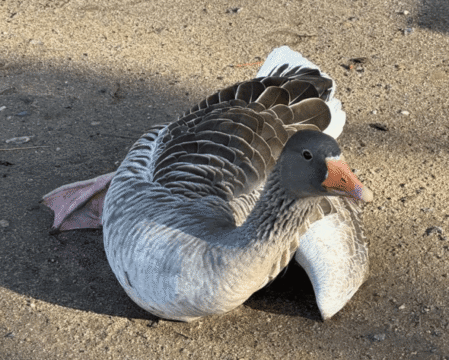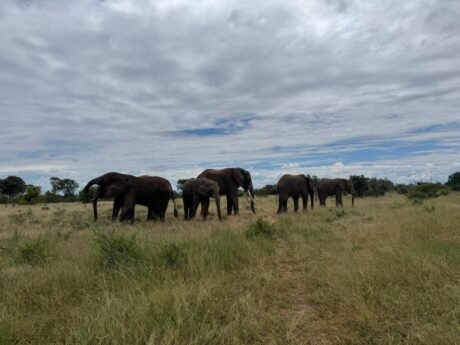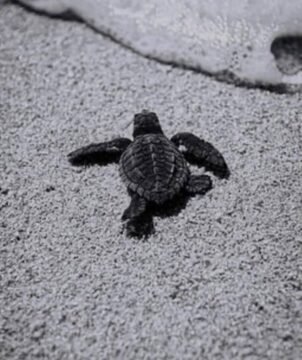The trafficking of chimpanzees is not only a threat to the species, but it also contributes to the spread of diseases, such as Ebola and HIV, which can spread from primates to humans. Our efforts to combat chimpanzee trafficking include increasing law enforcement efforts, educating the public about the harm caused by the pet trade, and providing alternative livelihoods for those involved in trafficking. It is essential to protect chimpanzees and their habitats to ensure their survival and maintain the delicate balance of our planet’s ecosystems.
Mission Joana and Riquita
In 2017, Wild at Life e.V. found two chimpanzees in a backyard of a restaurant imprisoned in cages for 21 and 16 years respectively – we named them Joana and Riquita. This was a case we couldn’t turn our heads – something needed to be done. The province of Cabinda is politically unstable and as an exclave of Angola, it is remote and hard to reach. So it was going to be a tough one.
